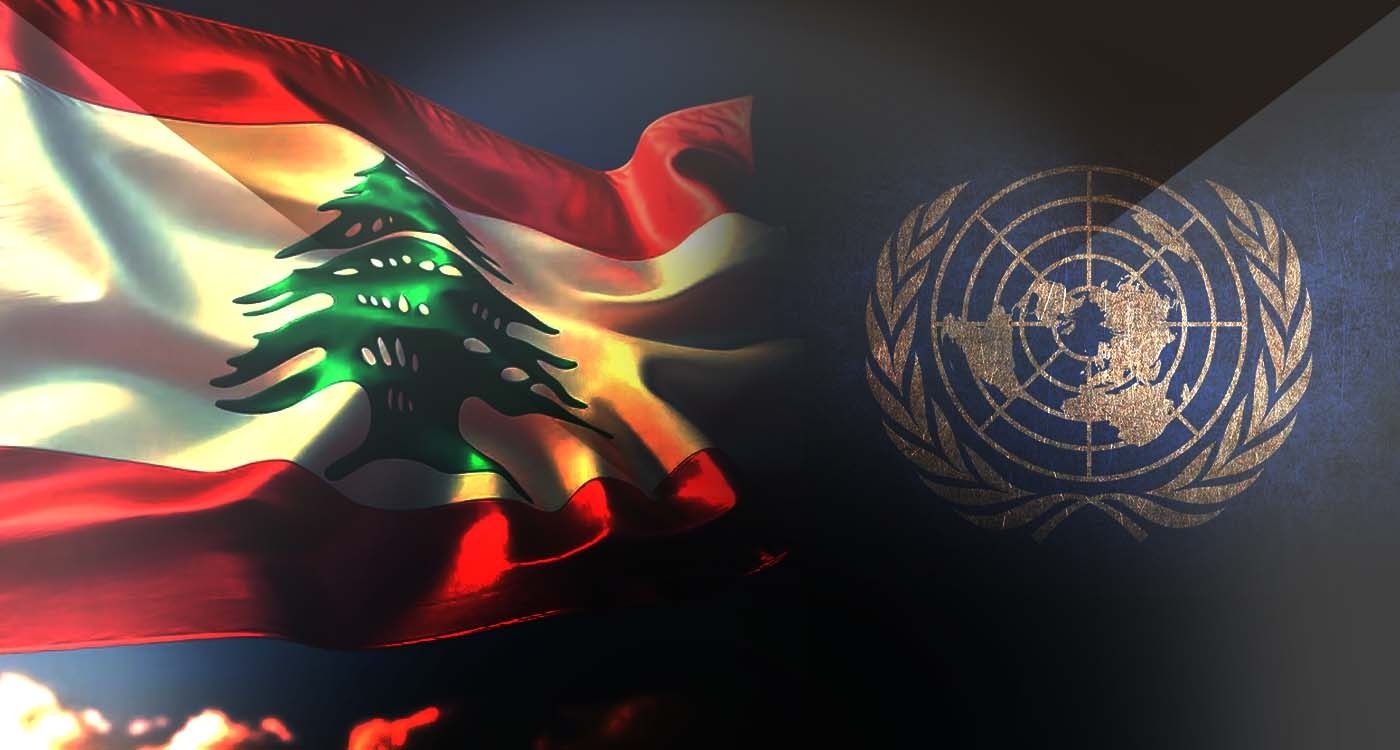
There was a real possibility earlier this summer that the United States was going to veto the renewal of the UNIFIL mandate in August. Ultimately, a wiser course prevailed, when the UN Security Council extended UNIFIL's mandate "for a final time" last week until the end of 2026. This step is a positive one for everyone concerned except Hezbollah and its foreign patron, Iran.
Putting Lebanon and Israel aside, it is an encouraging development for those who complain about expensive UN peacekeeping operations that rarely go away, whether or not the crises that caused their creation are active or that the UN troops are doing anything to hasten a solution to conflict. The charge is not entirely valid; seven UN peacekeeping operations in Africa, three in Latin America, and two in East Asia have been terminated over the years. But 15 remain. Apart from UNIFIL, there are three in the Middle East -- MINURSO in the Western Sahara, UNDOF on the Golan, and UNTSO along the 1949 armistice lines surrounding Israel -- that critics enjoy charging as having contributed nothing to conflict resolution for decades.
It is also encouraging because it dovetails with the Lebanese government's own planned timetable to deploy trained and equipped Lebanese soldiers in the UNIFIL zone and disarm Hezbollah this year. It allows UNIFIL to continue to function while the Lebanese proceed with the cabinet-approved plan, with a UNIFIL drawdown beginning only after December 2026. This approach is sensible, orderly, but firm in its intent to ensure that by the end of 2026, it will be the Lebanese Army, and not UNIFIL safeguarding sovereign Lebanese soil.
This step is a sign of international confidence that Lebanon is moving in the right direction, and that the Lebanese Army will be capable of handling the tasks before it. The Lebanese people and government know it, as do American officials who have worked so hard to support Lebanese soldiers and officers for decades in fulfilling their goals. Continuing that American-Lebanese partnership in support of the LAF will be essential throughout this period and beyond 2026.
Nor does this decision reflect an abandonment of Lebanon by the UN. The resolution asks the UN Secretary-General to report no later than June 2026 on ways forward in implementing UNSCR 1701, securing and monitoring the Blue Line, and supporting the LAF deployment south of the Litani. The UN will still have a strong and necessary role to play at a political level in enhancing peace and security in the South.
The only losers are Iran and Hezbollah. They do not welcome any of it. They do not want a restoration of Lebanese sovereignty. They want to undermine, not enhance international confidence in the strides the Lebanese government and security services are taking. Above all, they do not want to lose the human shields and cover that UNIFIL -- hopefully unwittingly -- provided all too often to Hezbollah fighters, rockets and missiles, and arms caches.
There are those, no doubt, who fear change, such as the departure of UNIFIL, and who may even falsely see some hidden agenda to remove obstacles to resumed aggression. On the contrary, and sadly, UNIFIL was never able to prevent cross-border conflict because it was never given the mandate to do so. In 2006, the end of that war was delayed for days as the UN Security Council debated whether to give UNIFIL real teeth to use arms against those who violated the terms of the ceasefire. The U.S. sought the strongest mandate possible, giving the peacekeepers the authority of Chapter VII of the UN Charter to use force if needed. Other members, led by France, declined, fearing the consequences of a clash between the UN and Hezbollah. Twenty years later, UNIFIL's retirement will come. Instead, it will be the legitimate tools of the Lebanese state that will be entrusted with safeguarding its people and upholding ceasefires and other agreements needed to preserve peace across the border with Israel.
The timetables now established by the Lebanese government and the UN Security Council provide ample time for everyone to reflect on what will be the next steps if and when the current ceasefire arrangements are implemented. In Lebanon last June, I heard a full range of views. Some felt the ceasefire was all that was required. Others pointed to 1701 as sufficient. Another body of opinion looked to the 1949 armistice as adequate.
Any steps forward beyond a simple ceasefire should be welcomed and encouraged. But the history of conflict in this area makes clear that while 1701 and the armistice were essential to stop fighting at the moment of their adoption, neither one impeded conflict down the road. Eventually, if the Lebanese and Israelis want to build a more stable, enduring way to prevent future war, something more will be required. The peace treaties Egypt and Jordan entered into voluntarily with Israel are models of such choices. Despite episodes of enormous pressures from within those countries and from developments nearby, those treaties have proven the test of time.
The Lebanese have the next year to consider the right way forward to make sure their country never again becomes hostage to foreign powers using Lebanese proxies to pursue their own agendas. A peace treaty can be the best way to reinforce externally the restoration of sovereign institutions underway domestically. An advantage of sovereignty is the freedom to choose peace. With such a choice will come enormous international support and assistance to prove its wisdom.




Comments